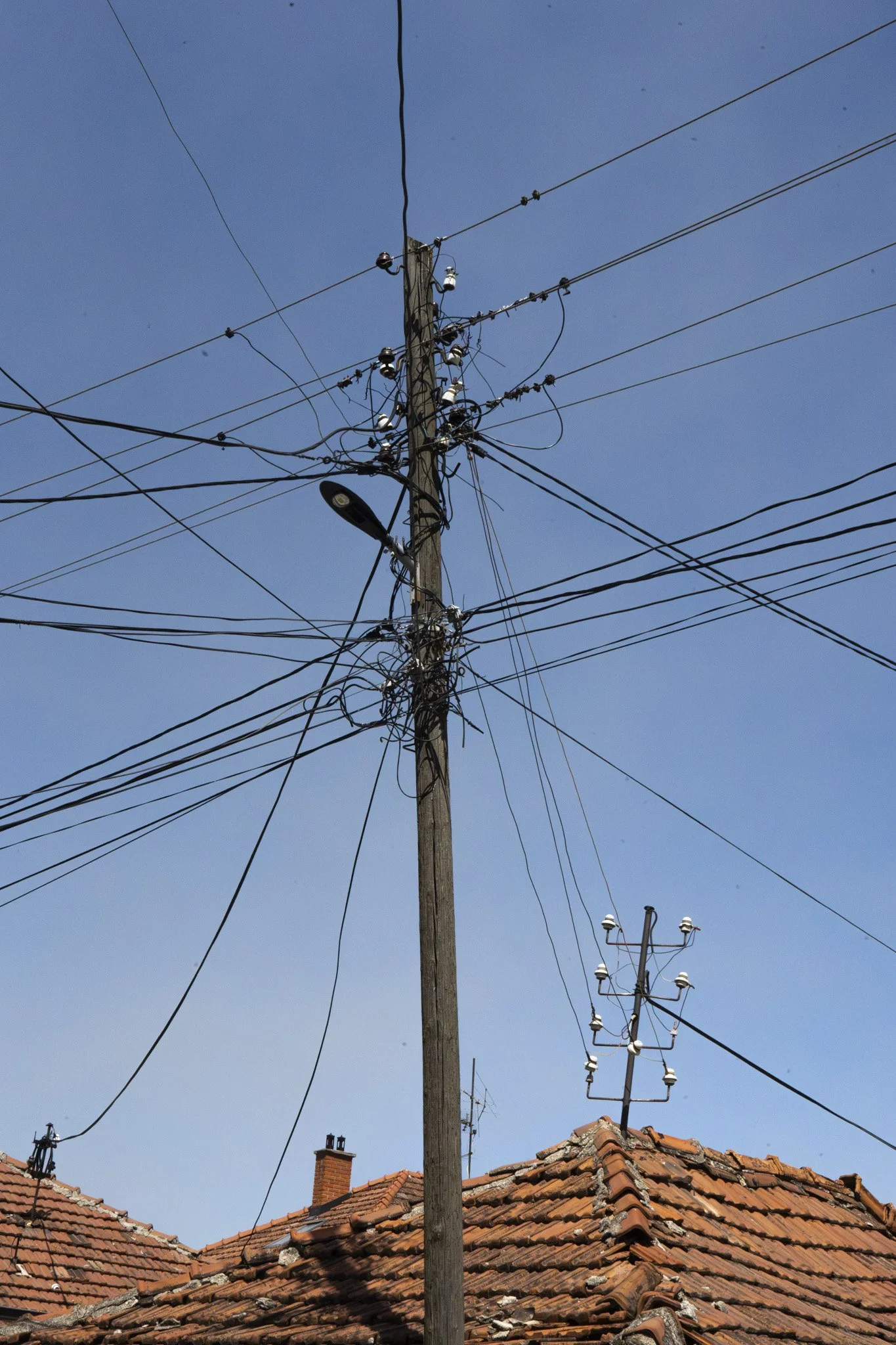The Paradox of Progress
We first learn about paradoxes in high school. At the time, it’s just a concept, a term to memorize for the next English exam. But as we grow older, we start to notice how many exist around us. What once lived only in literature begins to walk and breathe in real life. We find paradoxes in ourselves, our relationships, and our surroundings.
It’s strange how two opposing truths can coexist, even when logic says they shouldn’t. We know someone is bad for us, yet we can’t deny the good they make us feel. We crave change, yet fear losing what we already have. It’s a contradiction we often resist, as if holding two truths at once makes us inconsistent or insincere. But perhaps the opposite is true.
Philosopher Georg Wilhelm Friedrich Hegel once wrote, “It is said that contradiction is unthinkable; but the fact is that in the pain of a living being, it is even an actual existence.” There is a certain beauty in paradox; it reminds us of our complexity. We are not one thing or another; we are capable of being both.
Progress, too, is a paradox. It isn’t easy to recognize when you’re in the middle of it. We measure it by what’s still missing rather than by how far we’ve come. It can happen suddenly, in bursts of transformation, or unfold slowly over years of quiet effort.
Walking through Prishtina, Kosovo, I saw this paradox come to life; I felt it become tangible. Progress was everywhere, in the building of the new skyscrapers, in the small businesses opening on every corner. Yet alongside these signs of renewal stood the remnants of the past: burned homes and memorials that refuse to fade. The city feels caught between two timelines, the one it remembers and the one it’s still forging. It’s a tug-of-war between the past and the future, what was and what could be, both demanding to be seen.
This struggle mirrors our own lives. The past holds us in place while the future pulls us forward, and somewhere in between, we learn to balance both. Everything is interconnected, no matter how much we try to separate it.
In Kosovo, this idea takes physical form in the tangle of telephone and electrical wires that hang above the streets. They crisscross and weave together chaotically, yet somehow they work, connecting neighborhoods, families, and entire communities. They are a symbol of paradox themselves: messy yet purposeful, fragile yet essential.
The paradox of progress is the same. It is both fast and slow, both a tribute to the past and a vision of the future. It reminds us that growth does not erase what came before; it builds upon it. Paradox, in the end, is not confusion. It is a reflection of our beautifully complex existence.

